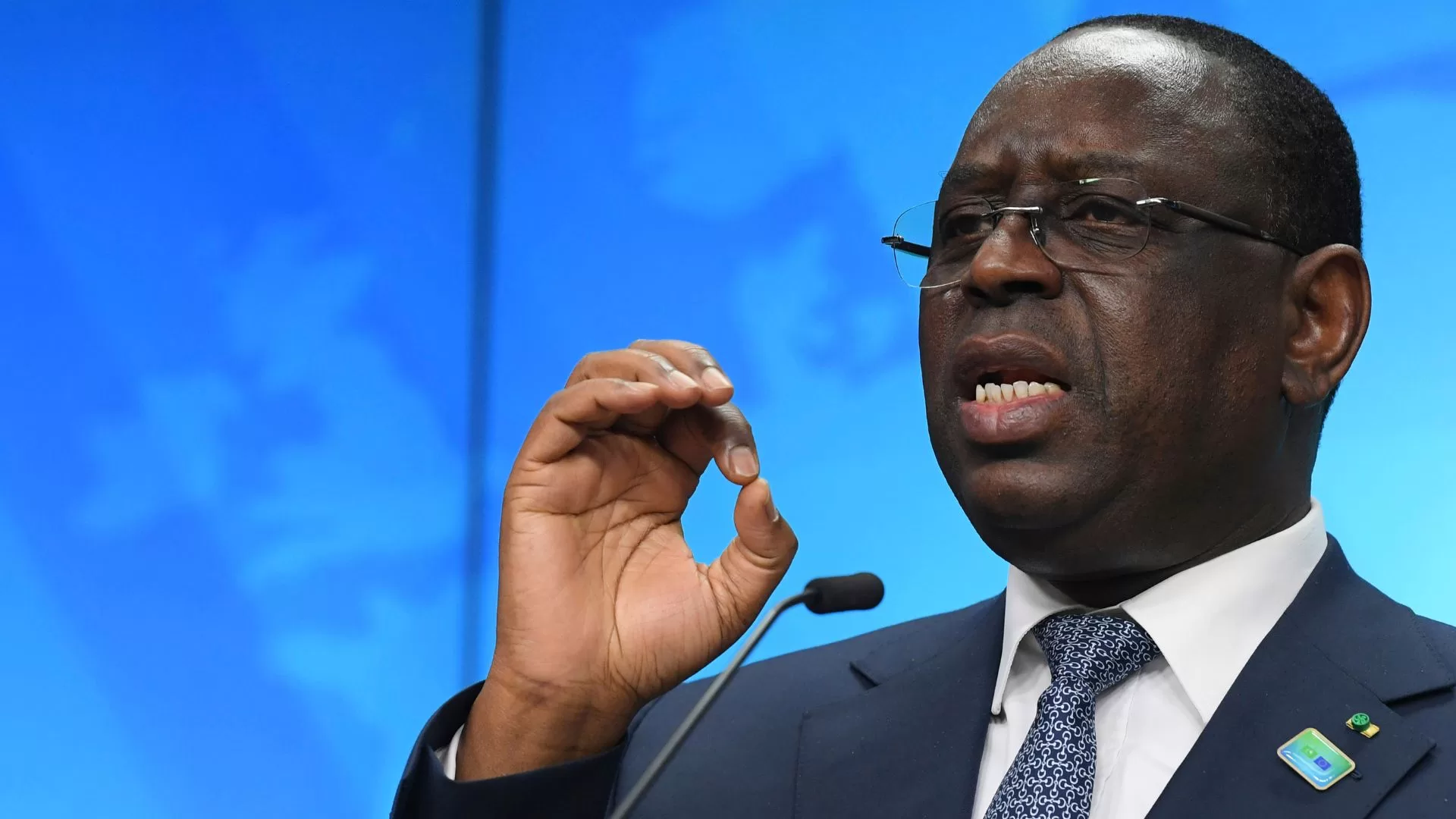The Senegalese parlimaentary session comes in the wake of deadly protests and internet cuts in parts of the country.
Monday’s session is happening after a day of violent street protests in the capital Dakar – during which at least one senior opposition figure was arrested – and growing international concern.
Lawmakers are voting on a proposal to postpone the presidential poll – previously set for February 25 – for up to six months. The text before them will need the support of three-fifths of the 165-seat parliament to pass.
Sall’s announcement of a delay on Saturday has since set off a chain of events in the West African country.
On Sunday, the government ordered a private television broadcaster off the air for “incitement to violence” over its coverage of the protests, another sign of the mounting political tension in the country. There were also local reports on Monday of mobile internet coverage being cut and restriction of motorcycle movements in Dakar, even as security has been reinforced in the capital.
Opposition leaders have used the term “constitutional coup” to describe the current situation, which they say is an assault on democracy.
Sall said he delayed the vote because of a dispute between the National Assembly and the Constitutional Court over the rejection of candidates.
“I will begin an open national dialogue to bring together the conditions for a free, transparent, and inclusive election,” he added, without giving a new date.
The dispute Sall blamed for the delay to the election arose out of the decision by the Constitutional Court to exclude Karim Wade, son of former president Abdoulaye Wade, from running for the presidency.
He was barred because he allegedly also holds French citizenship – a decision he denounced as “scandalous”.
Wade’s supporters in the National Assembly called for a parliamentary inquiry into the partiality of two judges on the Constitutional Court.
Some members of Sall’s party were among those who voted for its passage on January 30.
Sall, who last year ruled out running for a controversial third term, had designated Prime Minister Amadou Ba from his party as his would-be successor. But with the party split over his candidacy, Ba faced possible defeat at the ballot box.
Wade is not the only candidate the Constitutional Court has excluded from the vote.
Also barred from running is firebrand anti-establishment figure Ousmane Sonko, who has been jailed since July 2023.
His surrogate, Bassirou Diomaye Faye, has been approved to run and emerged as a credible contender to win – a nightmare scenario for the president’s camp.
Reactions
The international community has reacted with concern to Sall’s decision to put off the vote.
The chairman of the African Union Commission, Moussa Faki Mahamat, urged Senegal to resolve its “political dispute through consultation, understanding and dialogue”.
Faki called on the authorities to “organise the elections as quickly as possible, in transparency, in peace and national harmony” in a post on Monday on X, formerly known as Twitter.
The United States, European Union, and former colonial ruler France have also appealed for the vote to be rescheduled as soon as possible.
It is the first time since 1963 that a presidential vote has been postponed in Senegal, one of the few African countries never to have experienced a coup.
